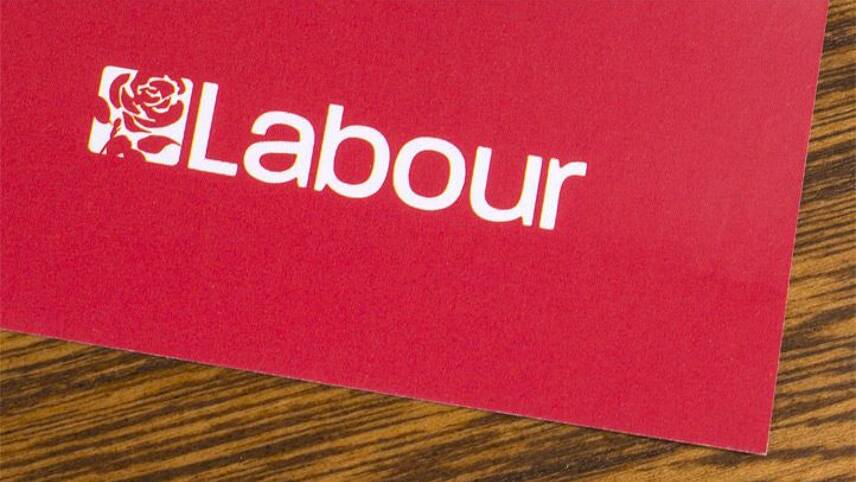Register for free and continue reading
Join our growing army of changemakers and get unlimited access to our premium content

Johnson has chosen the slogan 'build
The spending review is due to take place on Wednesday 25 November, providing an update to the 2020 Budget and building on the Summer Economic Update. Both packages allocated significant funds to green economy sectors like energy efficiency and electric vehicles, but green campaign groups have been calling for broader and longer-term support.
Labour would like to see Chancellor Rishi Sunak formally commit to spending at least £30bn on the UK’s low-carbon economy within 18 months. The party said in a statement this week that this level of funding could support up to 400,000 jobs.
In consultations with more than 2,000 of its party members and with green economy experts, Labour noted recurring areas in which “rapid” stimulus packages would have the greatest positive impact on decarbonisation and the economy. They include offshore wind manufacturing; hydrogen; carbon capture and storage (CCS); low-carbon public transport – electric buses in particular; nature restoration; electric vehicles; steel and aerospace.
The party does not, however, believe that a short-term funding injection will be sufficient alone. It is calling for the Conservative Government to create an “emergency” training programme for those who lost their jobs since March, providing them with the skills they need for the sectors mentioned. Chancellor Rishi Sunak was reportedly set to launch a dedicated fund for reskilling Brits for ‘green-collar’ jobs as part of the Summer Economic Update, but this did not happen. The Conservative Party’s overarching ambition here is to ensure there are at least two million “green-collar” jobs in the UK by 2030.
More funding and support for nature-related skills and roles is one of Labour’s top asks in this field. Last week, it was revealed that the £40m Green Recovery Fund – a pot allocated on a competitive basis to nature conservation and restoration schemes – is more than seven times oversubscribed. Labour has joined several of the UK’s largest environmental charities in recommending the creation of a ‘National Nature Service’ – an employment programme helping marginalised individuals into the nature sector.
Ed Miliband MP, who serves as Shadow Secretary at BEIS, said the Government can – and should – tackle the jobs emergency and climate emergency simultaneously.
“As other countries lead the way with a green recovery, Britain is hesitating,” Miliband said, alluding to the EU’s Green Deal and to recent announcements in Germany and Sweden. “It is what the British people deserve and what the crises we face demand.”
The bigger picture
To ensure that the low-carbon transition remains on the agenda in the long-term, Labour is also backing the creation of a National Investment Bank with net-zero as a core remit. The European Investment Bank is in the process of transitioning its processes in order to have this impact, and Labour believes the UK should take this learning as it completes the Brexit transition period.
Other proponents of such a Bank include the Aldersgate Group, which represents businesses including Sky and Ikea, and UK100.
Such an organisation may be confirmed by the end of the year, several tabloids have speculated.
Labour’s plans additionally contain measures to improve climate adaptation – particularly flood prevention in the most-affected regions – and to create long-term policy frameworks for solar, steel, aviation and the automotive sector.
Ten-point plan
Labour has published its calls to actions as Boris Johnson is preparing to bring his ten-point plan for the green recovery back to the table.
The Prime Minister unveiled the first facet of the plan, a £160m pot to support the offshore wind sector, a month ago. Plans to announce the other nine steps have been delayed due to the Cabinet’s work to introduce the three-tier system for Covid-19 and, latterly, a second national lockdown for England.
Media outlets had reported that Johnson was also set to confirm support for hydrogen production and infrastructure; carbon capture and storage (CCS); low-carbon synthetic fuels for aviation; small modular reactors and EVs. On EVs, he was expected to confirm that the UK’s ban on new petrol and diesel car sales would be brought forward from 2035 to 2030.
Johnson is expected to outline the remaining nine facets of the plan this month.
Sarah George


Please login or Register to leave a comment.